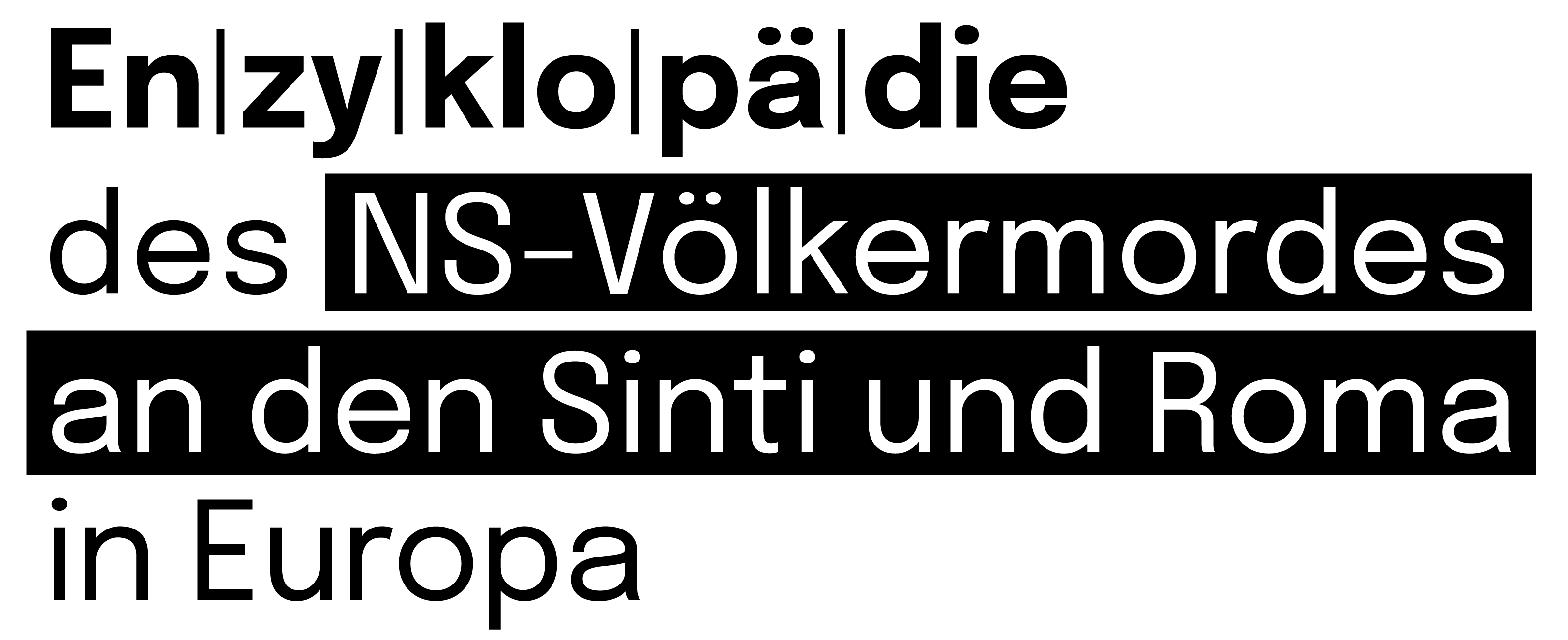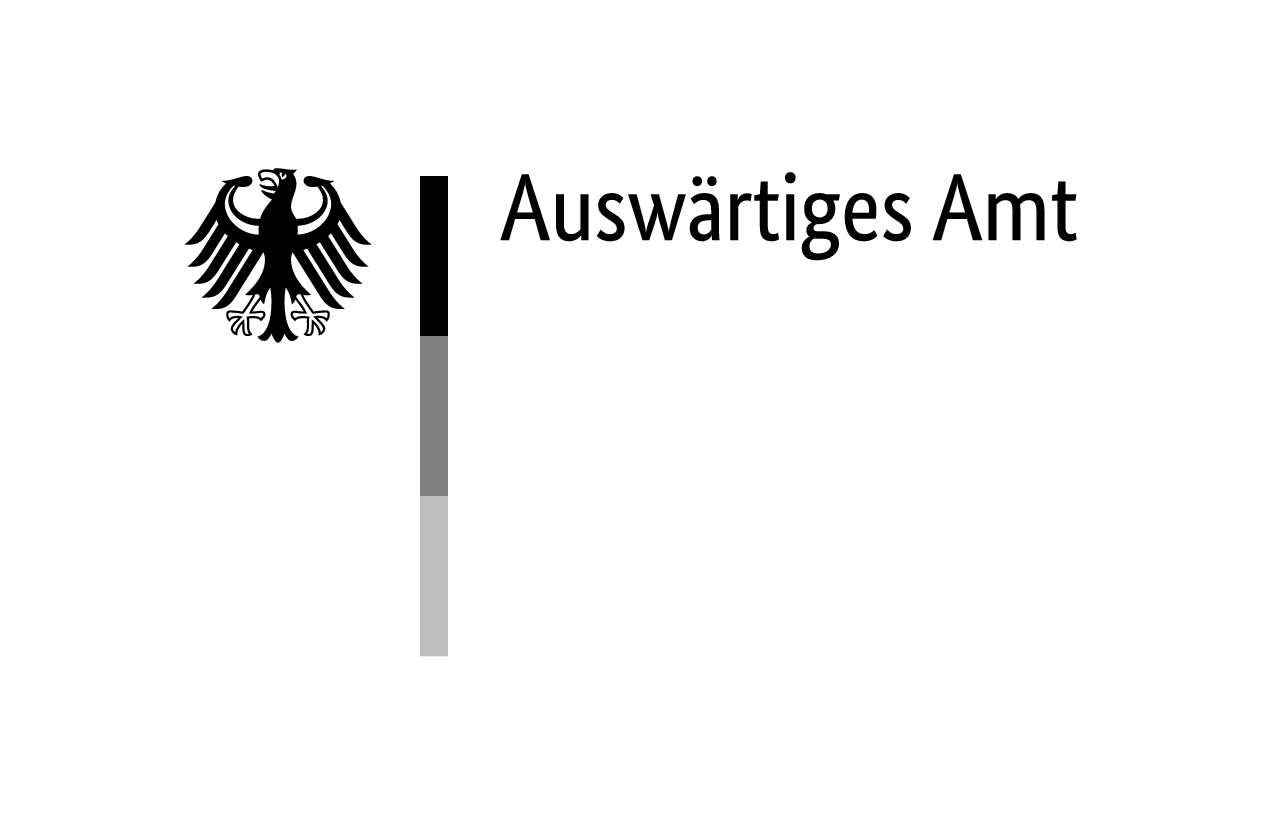Štěpán Blahynka was born on 31 May 1894 in the village of Skalka (Kyjov district, today Czech Republic). During World War I, he was sent to the front, after which he joined the Austro-Hungarian gendarmerie and worked at the gendarmerie station in the town of Lišov (České Budějovice district). After the creation of Czechoslovakia, he moved to Slovakia, where he had six different postings. In 1932, he became the district gendarmerie commander in the town of Námestovo in northern Slovakia, then the district gendarmerie commander in the town of Banská Bystrica in central Slovakia. After the establishment of the Slovak State and the Protectorate of Bohemia and Moravia in March 1939, he became the second officer and then commander of the district gendarmerie headquarters in Uherské Hradiště in South Moravia.
Commandant in Hodonin and Lety
In November 1940, Štěpán Blahynka was granted civil servant status and received the title of Chief Administrative Official [vrchní kancelářský oficiál, in German Administrativoberoffizial]. In the context of his employment in the Land Office in Brno, he was appointed commandant of the penal labour camp [Arbeits-Straflager] in Hodonín near Kunštát, and he remained in command when a ‘Zigeunerlager’ was opened on the site on 2 August 1942.
Between 20 January and 15 May 1943, Štěpán Blahynka was the acting commandant of the ‘Zigeunerlager’ Lety near Pisek. He immediately introduced measures to stop the typhoid and typhus epidemic and improve the living conditions of the inmates so that their deportation to Auschwitz-Birkenau concentration and extermination camp could be carried out as quickly as possible. After returning to the camp Hodonin near Kunstadt, Štěpán Blahynka ensured the successful deportation of nearly all of the Romani detainees to Auschwitz-Birkenau. He remained as camp commandant until its liquidation on 1 December 1943.
In several post-war testimonies of Romani survivors, Štěpán Blahynka is characterised as a strict but fair person. Positive perceptions are particularly associated with the Lety near Pisek camp, where, during his tenure, there was a noticeable improvement in the medical attention and the allocation of food for the prisoners.
Following the liquidation of Hodonin near Kunstadt camp, Štěpán Blahynka became the administrator of the labour education camp [Arbeitserziehungslager] in Mladkov (today Blansko district), remaining in post until the end of the war.
Aftermath
After the end of the war, he became the district commander of the National Security Corps [Sbor národní bezpečnosti] in Kyjov, retiring in 1949. In contrast to Josef Janovský (1880–unknown), the former commandant of the camp Lety near Pisek, Štěpán Blahynka was never prosecuted for his activities in the Lety and Hodonin camps. It is clear from his post-war statements that he regarded his work in these camps as his mission and service to Czech society. He died on 13 January 1956; the place of death is not known.




